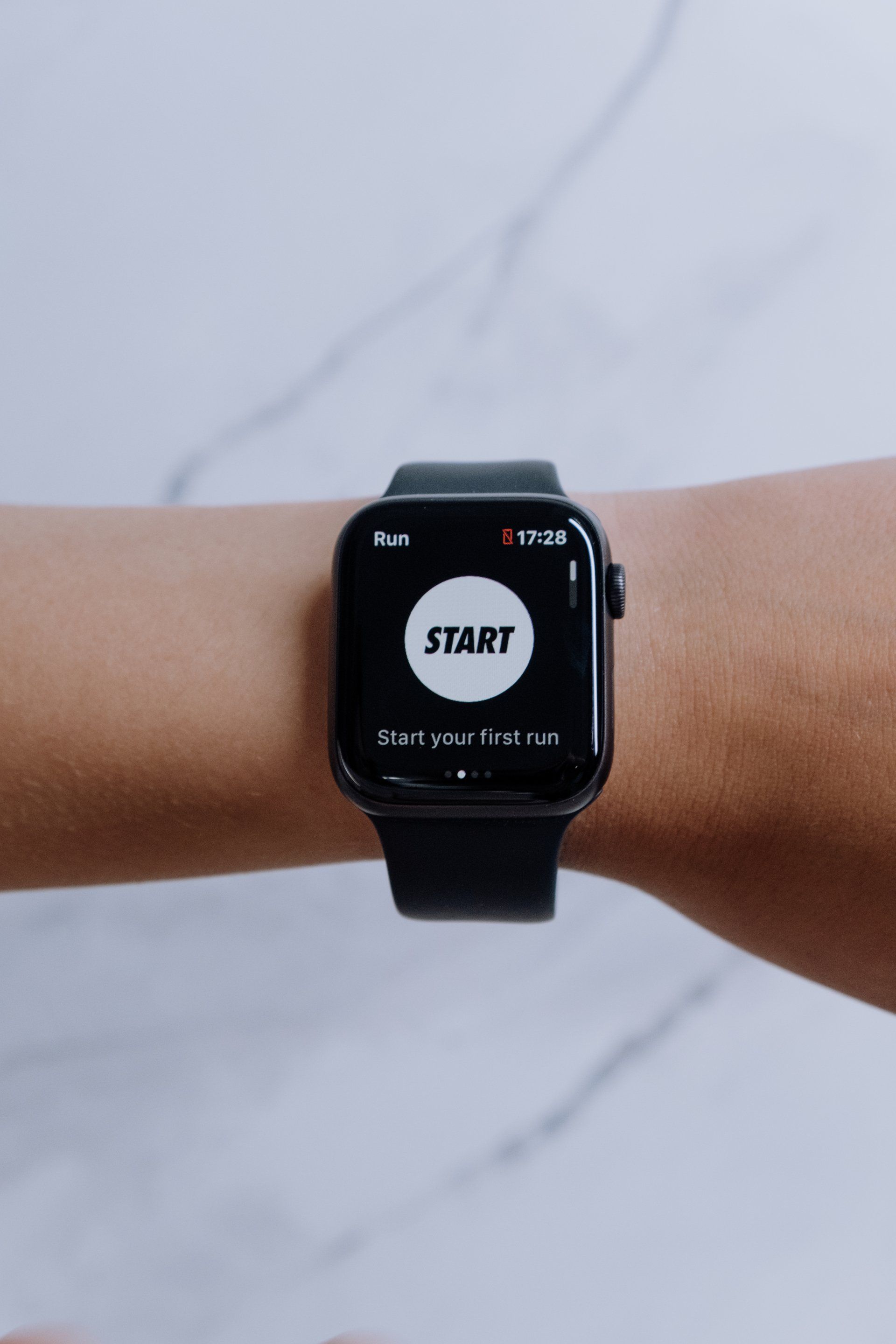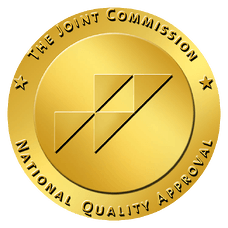What to Expect During 28-Day Drug Rehab Programs
Curious about what happens in a 28-day drug rehab program? Let's explore what you can expect during this process.

When embarking on the journey
When embarking on the journey to recovery, entering rehab is a crucial first step. In the initial days, the focus is on detoxification, followed by a period of adjustment to the rehab environment, typically spanning the first 2-3 weeks. During this adjustment phase, individuals participate in both group and individual therapy sessions.
The goal is to delve into the root causes of addiction while equipping individuals with coping strategies and relapse prevention techniques. The duration of 28 days may seem fleeting. It provides an opportunity to grasp fundamental concepts of 12-step programs, relapse prevention, and understanding the nature of addiction. However, it might not offer ample time for comprehensive lifestyle changes necessary for sustained sobriety.
The Effectiveness of Rehab Duration:
According to the National Institute on Drug Abuse, the duration of treatment is a pivotal factor in achieving lasting recovery. Research indicates that the majority of individuals require a minimum of 3 months (or 90 days) in rehab to substantially reduce or completely halt drug use. As a general guideline, extended time in rehab often translates to more favorable outcomes.
This doesn't imply spending the entire 90 days within a residential facility. Most individuals engage in a comprehensive continuum of care, encompassing 90 days or more in total. For instance, you may spend 28 days in inpatient treatment, followed by a month in a Partial Hospitalization Program (PHP) or Intensive Outpatient Program (IOP), and the final month in standard outpatient care. This progressive transition allows you to apply acquired coping skills in real-life scenarios while still receiving crucial support.
Pros and Cons of 28-Day Rehab:
Short-term rehab programs come with their own set of advantages and drawbacks, necessitating careful consideration before making a choice.
Pros of 28-day rehab include:
- Cost-effectiveness compared to long-term treatment.
- Often covered by insurance plans.
- Minimal disruption to work, education, family, and other responsibilities.
Cons of 28-day rehab include:
- Inadequate time to address underlying conditions such as depression, anxiety, or trauma.
- Potential for individuals to rush through treatment.
- May not be sufficient for individuals with severe substance use disorders.
Extending Your Stay in Rehab:
It's entirely normal not to feel entirely prepared to leave rehab after a mere 28 days. Addiction is a multifaceted challenge that often demands prolonged treatment. If you believe you're not ready to depart after a month, that's perfectly acceptable!
The beauty of recovery programs lies in their adaptability. You should never feel compelled to leave a treatment program before you're genuinely ready. The ideal length of your stay is determined by your specific treatment requirements and the progress made during therapy.
If, as day 28 approaches, you and your addiction counselor agree that a longer stay would be beneficial, your treatment program can indeed be extended. Remember, the goal is your lasting recovery, and flexibility in the duration of treatment is a valuable asset on this journey.






